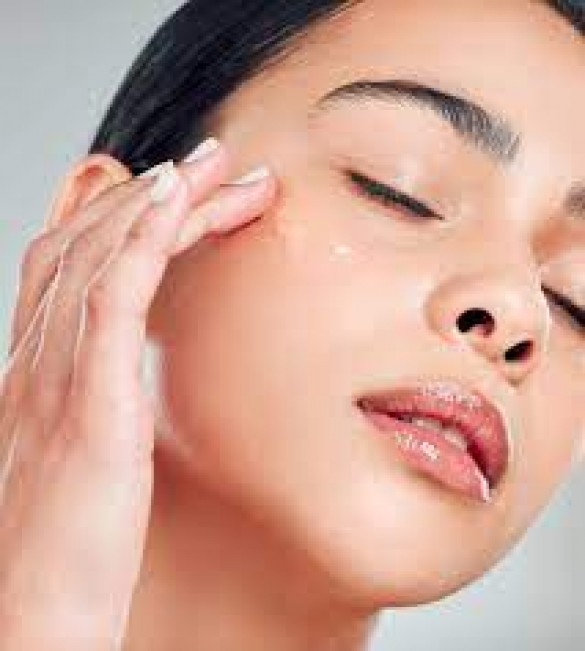In the realm of skincare, few ingredients have garnered as much attention and acclaim as retinol. Widely hailed for its transformative effects on skin texture, tone, and overall appearance, retinol stands as a cornerstone in the pursuit of youthful, radiant skin. This comprehensive guide aims to delve into the intricacies of retinol skincare, exploring its benefits, proper usage, potential side effects, and recommendations for integrating it into your daily routine.
Understanding Retinol: Retinol, a derivative of vitamin A, belongs to the family of retinoids. Upon topical application, retinol undergoes conversion into retinoic acid, the active form that interacts with skin cells. Renowned for its multifaceted benefits, retinol is celebrated for its ability to stimulate collagen production, accelerate cell turnover, and combat the visible signs of aging.

Benefits of Retinol:
1. Anti-aging Properties: - Retinol stimulates collagen synthesis, thereby diminishing the appearance of fine lines and wrinkles. - It promotes cell turnover, resulting in smoother, firmer skin texture. - By enhancing skin elasticity, retinol helps combat sagging and loss of firmness, characteristic of aging skin.
2. Improvement in Skin Texture and Tone: - Retinol aids in refining skin texture, reducing the prominence of pores and irregularities. - It facilitates the fading of hyperpigmentation, including age spots, sunspots, and acne scars, promoting a more even skin tone
. 3. Acne Treatment: - With its ability to unclog pores and regulate sebum production, retinol serves as an effective treatment for acne and blemishes. - Its anti-inflammatory properties mitigate redness and swelling associated with acne, fostering clearer, healthier-looking skin.
Usage Guidelines:
1. Start Slowly: - Initiate retinol usage with a lower concentration to allow skin acclimation and minimize potential irritation. - Begin by applying retinol products every other night, gradually increasing frequency as tolerance develops.
2. Time of Application: - Incorporate retinol into your nighttime skincare routine, as exposure to sunlight can degrade its efficacy. - Follow with a moisturizer to alleviate dryness and maintain skin hydration.
3. Sun Protection: - Given retinol's potential to increase skin sensitivity to UV radiation, diligent sun protection is imperative. - Apply broad-spectrum sunscreen with a during daytime hours to safeguard against sun damage.
Potential Side Effects:
While retinol yields remarkable benefits, its usage may provoke transient side effects, including: - Dryness and Flakiness: Retinol can induce dryness and peeling, particularly during the initial stages of treatment. - Redness and Irritation: Some individuals may experience redness, stinging, or burning sensations upon application. - Increased Sensitivity to Sunlight: Retinol can render the skin more susceptible to sunburn and UV-induced damage
. Consultation and Precautions: Before embarking on a retinol regimen, it is advisable to: - Consult a dermatologist, particularly if you have sensitive skin or underlying skin conditions.


